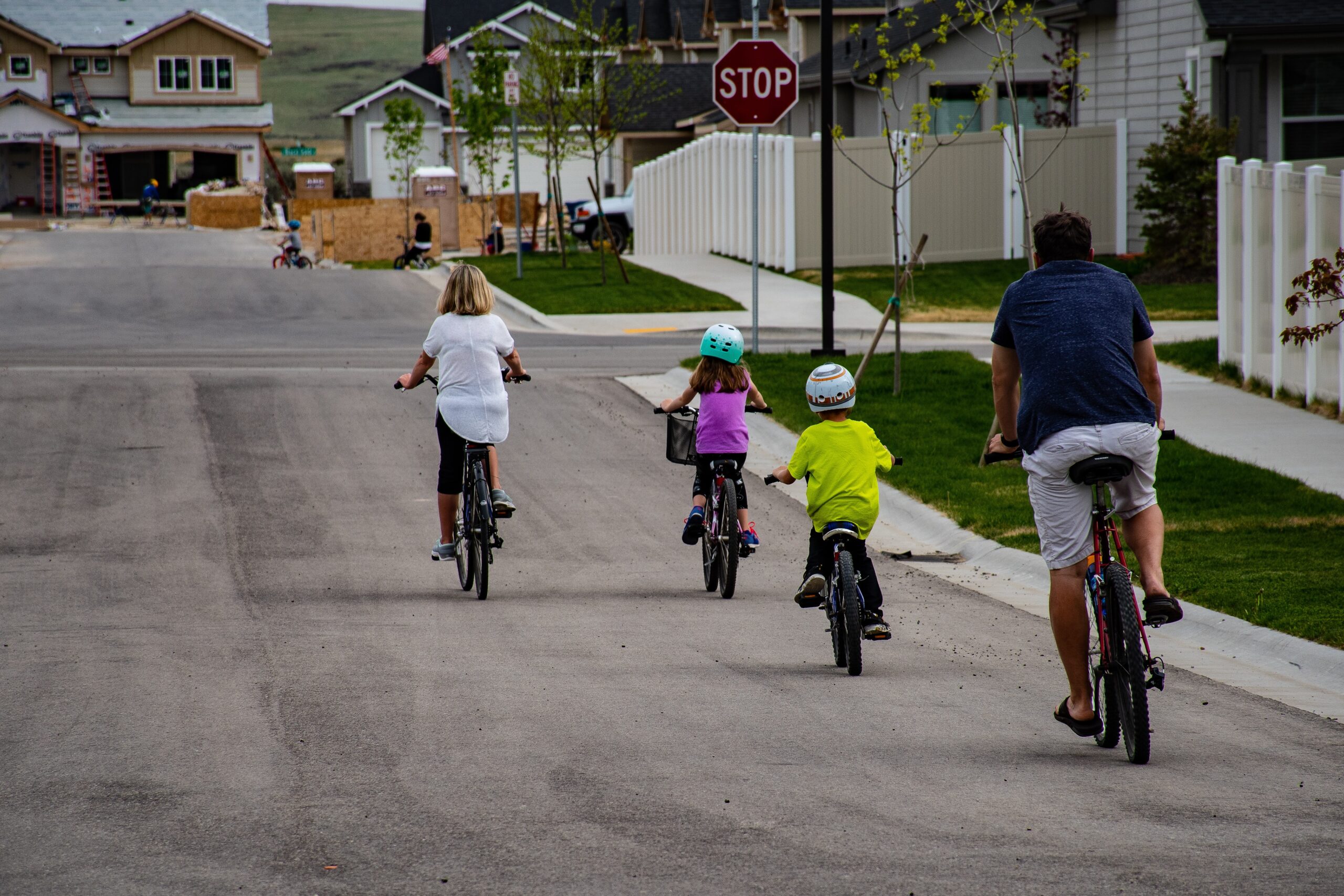Right now I am torn between the need to support my neighbors and the need to socially distance as many of us are. Lots of things feel scary and confusing, I am not always sure what the right step forward is. When pondering these things I come back to thoughts about the importance of neighborhood organizing not just during crises but outside of crises as well.
First, let me address what neighbors can be doing right now to support each other. You can set up mutual aid networks in our communities. Mutual aid networks can look a lot of different ways. They can center particular high risk populations or a certain physical area (like a neighborhood). Some folks do their part by posting on Facebook when they see resources that could be helpful and others do their part by running errands for those who are sick or especially vulnerable. A mutual aid network is just that, it is a group of folks who support each other in a variety of ways. Even by requesting support, you might be offering someone an opportunity to have control over something small (helping you) in an uncertain time.
One Omaha has a variety of ways to support neighborhoods in setting up mutual aid networks. We have a folder here with an explanation of the Midtown Mutual Aid Network as well as sample documents to help folks get organized and/or get started. Additionally, One Omaha partnered with a new app called Groopit to support neighborhoods in Omaha. Groopit is a platform for neighbors to offer and request help, it can be used in addition to other mutual aid resources or by itself. It is different from Facebook and Nextdoor because it is only for offering support, requesting support and posting updates related to resources in the neighborhood. If you are interested, visit groopit.co/oneomaha.
Outside of a pandemic, there are still issues in our neighborhoods. This is why we need to continue these support structures even after this pandemic passes.
This brings my second point, which is the importance of neighborhood organizing outside of new, imminent crises. The more organized we are, the more agile we can be in responding to new problems that arise because we already have a network of folks in place, a communication plan and a way to disseminate information. That means when a new problem arises we don’t have to organize folks, we just have to organize around a new issue and we already know and trust each other.
Neighborhood organizing in calmer times can look like growing food for our neighbors (although right now is a great time to grow food for our neighbors as well!), or it could look like a weekly market, or installing a flower bed together, or planting trees, or a pancake feed, or soccer camps, or community gardens, or a block party or once a year night out. It doesn’t have to be an intense constant event. It can be infrequent but the importance is that it connects folks. If it can also engage folks in activities that are relaxing, require teamwork, and create access to resources than that is even better. Folks can start where their community is at and work their way to where they want their community to be, together, that is the long term goal of neighborhood organizing. And that’s why today is a great day to get started if you haven’t already.
One Omaha offers many opportunities to help interested folks organize their communities. Through our Civic Academy and Neighborhood Leadership Academy we provide training on everything from how to reach out to others in your area to step by step examples of how to get programs up and running because our long term goal is to see a city of engaged neighbors supporting each other.
Please reach out to Alex at alex@oneomaha.org for support on brainstorming ideas on how to get or keep your community connected during social distancing. Also, check out this document (oneomaha.org/neighborhoodcommunication) here for quick tips on how to keep your neighborhood organization running smoothly while we keep our distance to protect each other.

